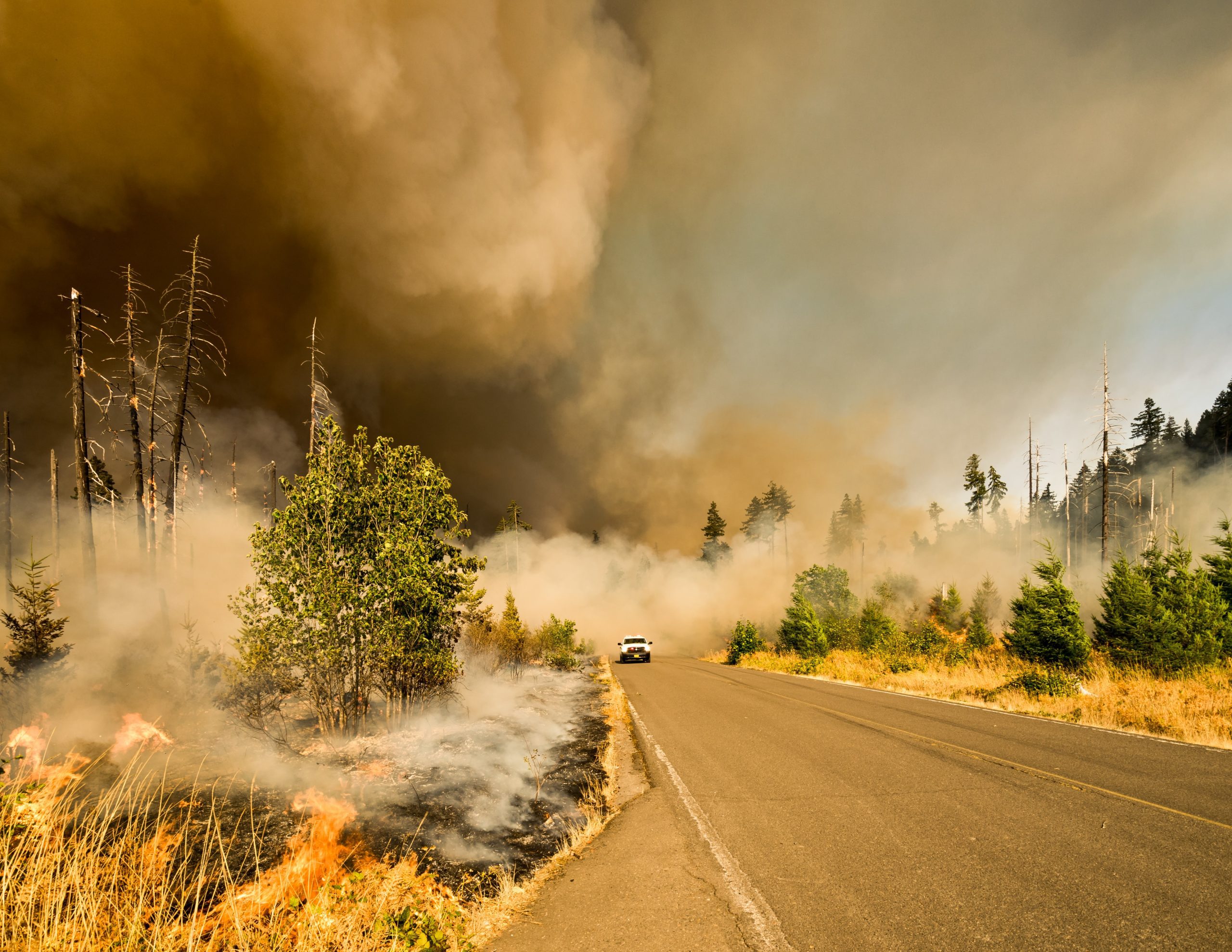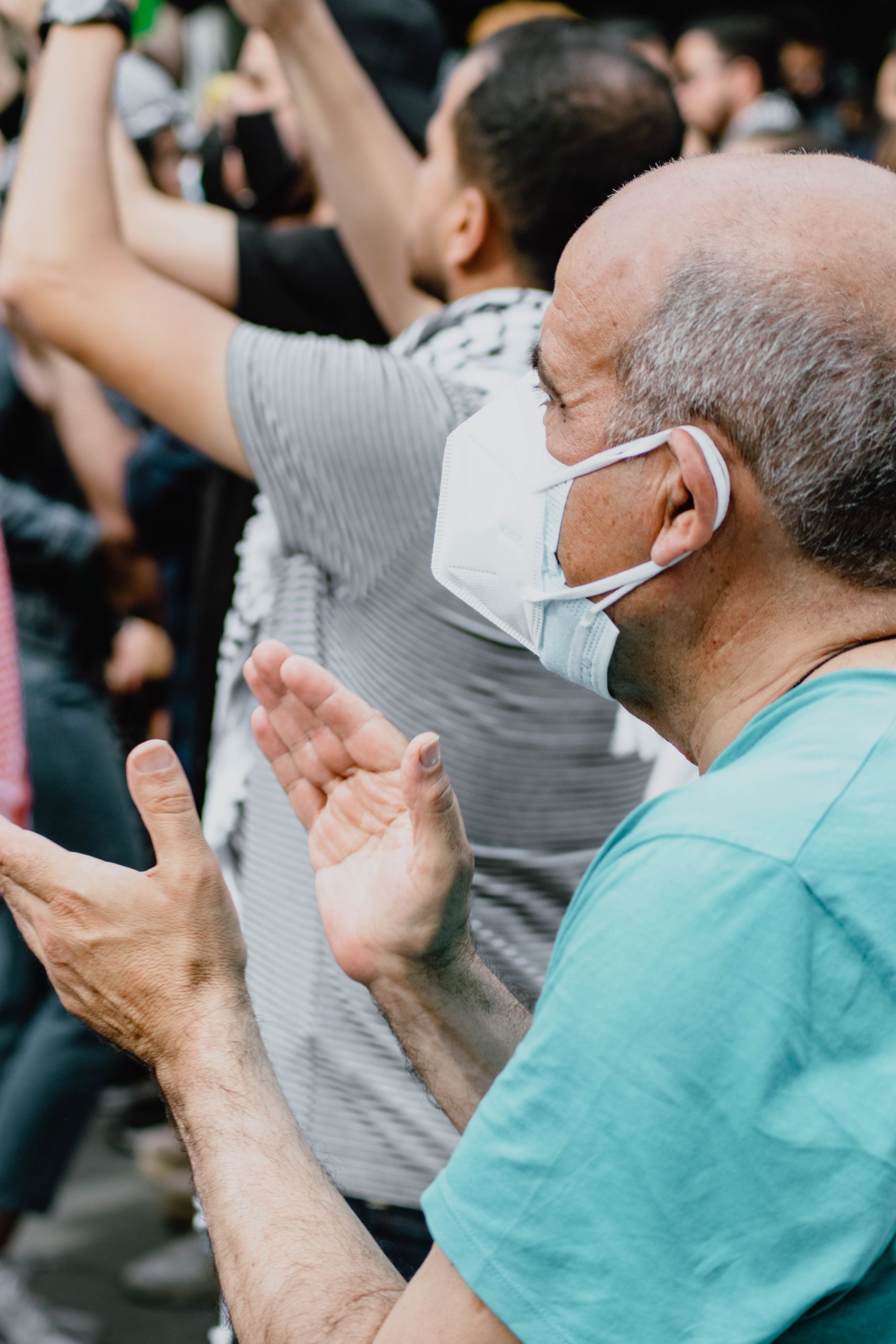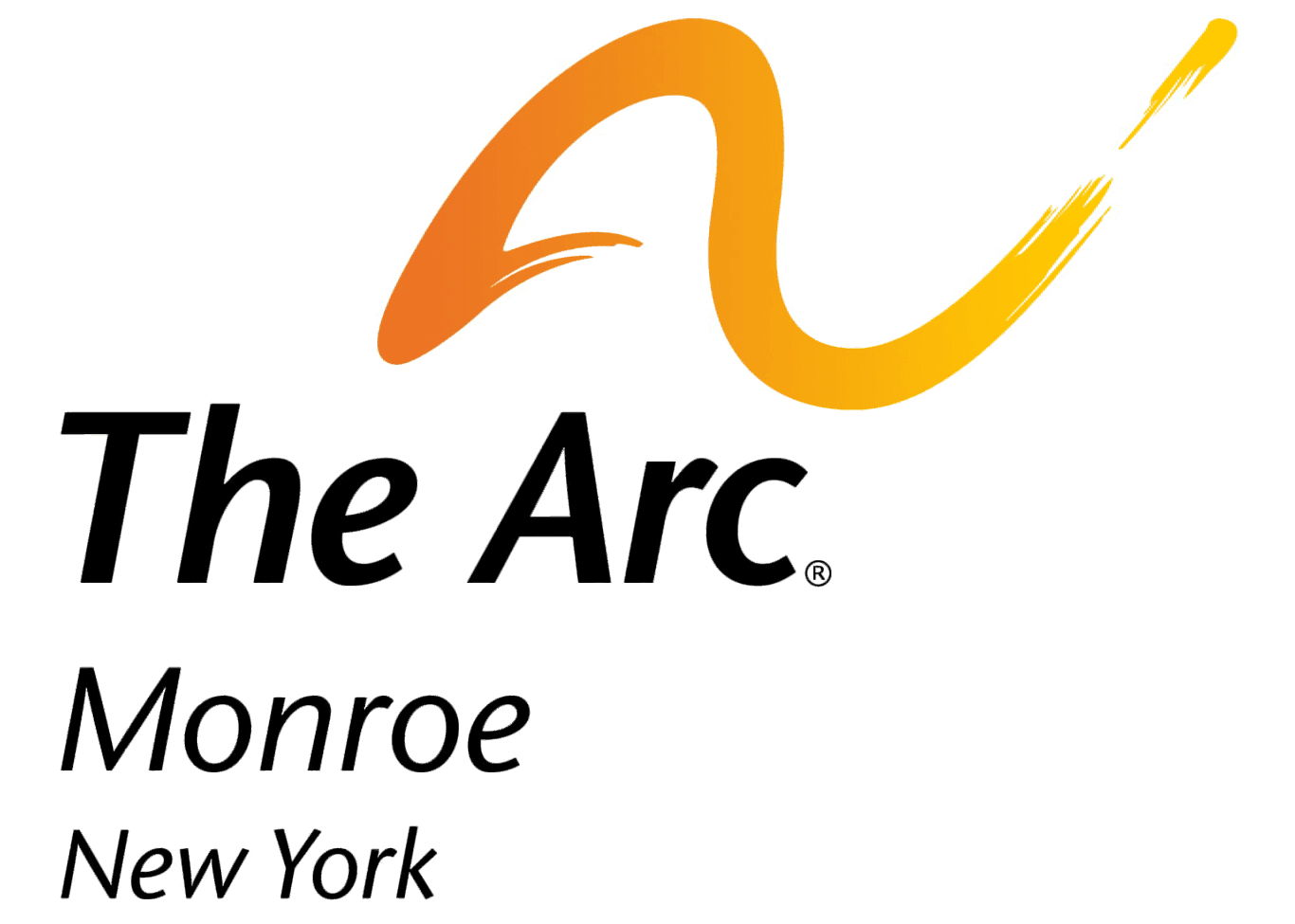 Clean air is something that is taken for granted in New York State. Climate Change has affected some weather patterns and caused hotter and bigger fires in Canada. Yes, Canada does have fires annually, but the smoke is usually pushed out to sea. This time, the weather pushed north to south – also not typical for this time of year. That brings out all the wildfire smoke. Any smoke is inherently bad for you as is any particulates within the smoke. The body can handle things in small doses but not nearly enough to contend with fires. Just remember that it is not just trees that burn: any man-made materials, houses, whatever gets caught up will also burn. They can be toxic and be very harmful. Here is what to do in these situations.
Clean air is something that is taken for granted in New York State. Climate Change has affected some weather patterns and caused hotter and bigger fires in Canada. Yes, Canada does have fires annually, but the smoke is usually pushed out to sea. This time, the weather pushed north to south – also not typical for this time of year. That brings out all the wildfire smoke. Any smoke is inherently bad for you as is any particulates within the smoke. The body can handle things in small doses but not nearly enough to contend with fires. Just remember that it is not just trees that burn: any man-made materials, houses, whatever gets caught up will also burn. They can be toxic and be very harmful. Here is what to do in these situations.
- Use the local weather forecast to review how the air quality is. Typically, they won’t even talk about it since it was a non-issue until recently. If the air is bad, the news will report accordingly.
- A mask outdoors will help filter out the smoke. The KN95 filters out 95% of particles. It has been a mask of choice long before COVID in other parts of the world. Laborers have always used these masks then they work on projects that create dust, such as sanding down drywall.
- If the air quality is bad, consider canceling outdoor activities for the day. Unfortunately, it is not a day/night thing like heat where it gets better at night.
- Create a clean room. Since it is summer, also consider this to be a cool room. A clean room has fresh, filtered air moving around.
- There are many ways to filter the air. If you have central AC, you can put the fan on – running just the fan takes very little electricity and it will push the air through the filter. Check the filter because if it’s old, it won’t be able to do the job.
- Window units can be safe to run if using the correct setting. This cannot be put in a setting to draw air from the outside – most do not have a filter to handle high levels of smoke.
- Consider an air purifier for the clean rooms. If that is too expensive, there are very quick guides online that use a standard box fan and a central AC filter to capture and purify the air.

- If you start to feel sick, get to a safe area with clean air.
- DON’T use air freshener spray or anything else that adds particulates to the air. Then the filter will have to work on that AND the smoke you are trying to clear out.
- The same public cooling centers will also be better equipped with filtration. Larger buildings need to have adequate filtration to be up-to-code anyway.
- Know your limitations. If you have asthma or other forms of COPD or use oxygen, you are more susceptible to getting sick.
- Young children and infants are at higher risk – their lungs are still developing and increase the chance of long-term effects (think cigarette smoking and the higher number of children getting asthma).
- If you have orders to carry rescue inhalers or EpiPen, keep them on you at all times. You are more likely to have an acute attack at this time.
Dan JaFolla is an LPN at The Arc of Monroe. To connect with Dan, email him at djafolla@arcmonroe.org.
We hope this blog is helpful to you! Our Health Services team at The Arc of Monroe is a wealth of information. Our staff is made up of experienced professionals who primarily support people with disabilities. To learn more about who they are, visit our Health Services page. If you’re interested in working with us at The Arc of Monroe, visit our careers page. If you’d like to give and help make valuable resources like this possible, you can give online.
